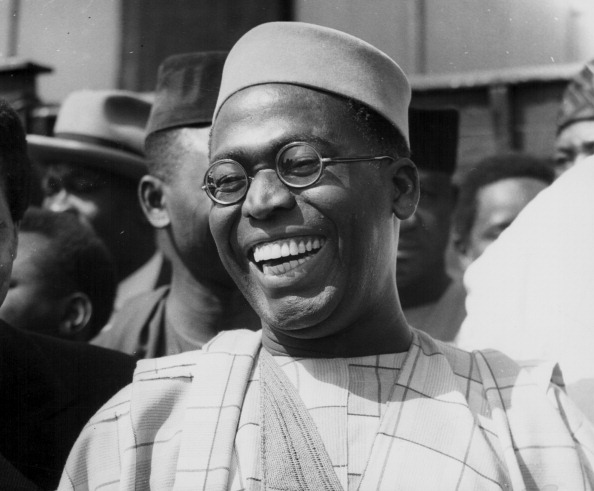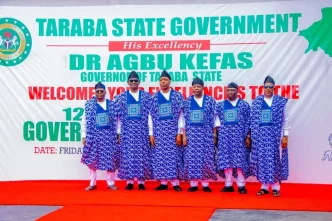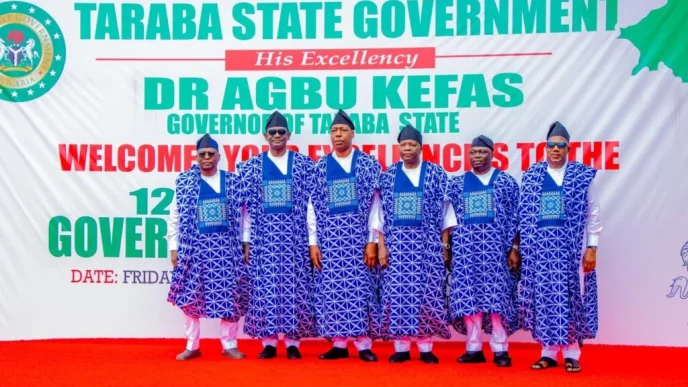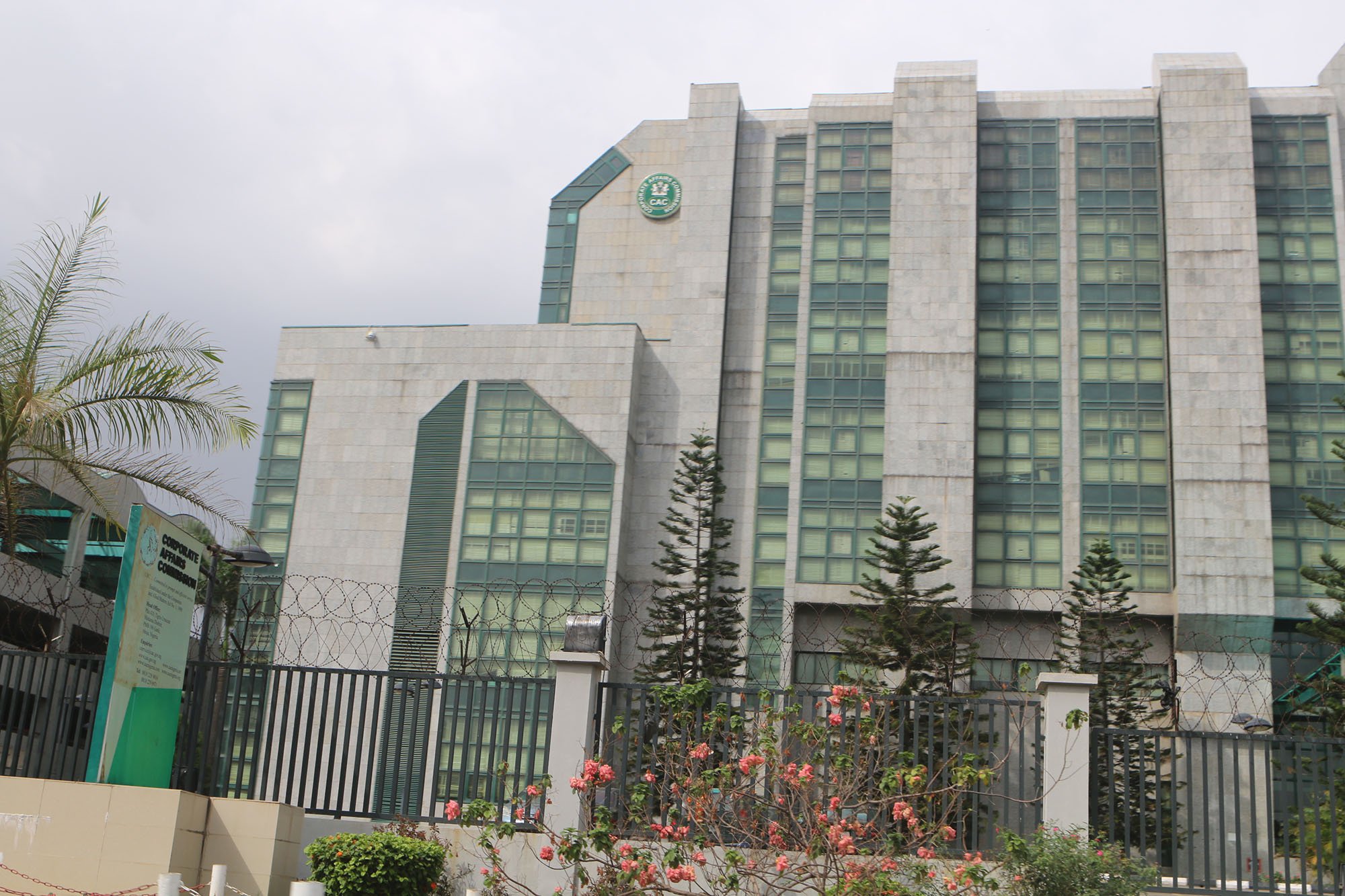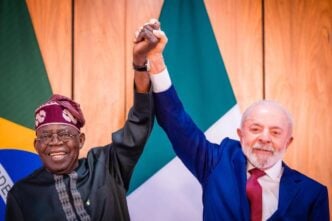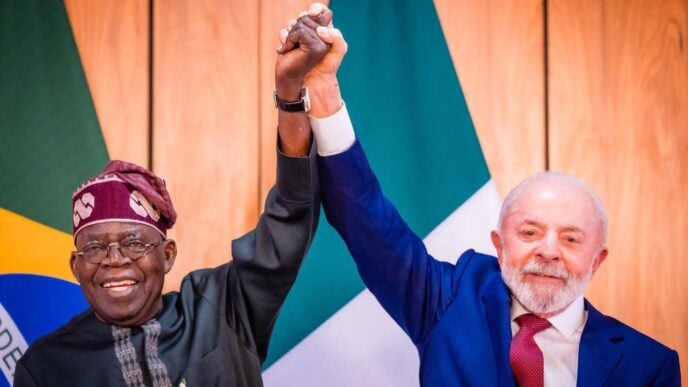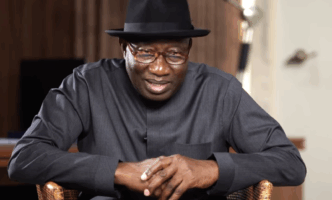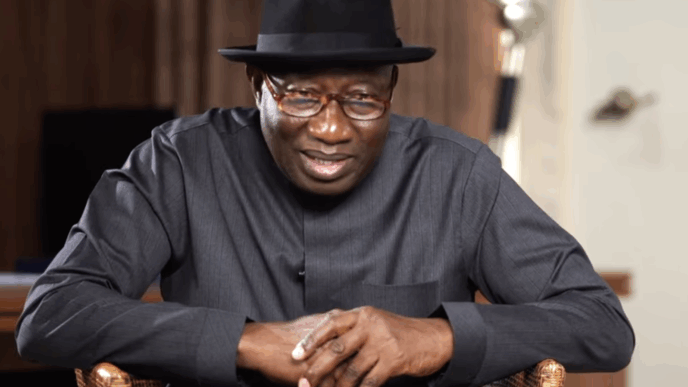As kids, we gathered every evening to "view" Chief Obafemi Awolowo on the moon
How would I ever forget 1983 in my life? My cousin (now of blessed memory) told us Chief Obafemi Awolowo said if he did not win the presidential election, he would relocate to the moon. After the disputed election, won by President Shehu Shagari, we gathered every night in our compound in the village to stare at the moon or into a bucket of water to see the reflection of the sage. And, trust me, we clearly saw Awolowo and his wife on the moon! We were so sure of our delusion. Mind you, I was already a secondary school student. Some of my relatives were much older than I was and were in higher classes. But we were all stupid enough to believe the fable, whose origin we didn’t know.
What about 1986? I overheard my grandmother’s friend telling her something was going to happen on the night of March 8 and we must all stay indoors, otherwise all sorts of evil would come upon us. I obeyed and went to bed early. That was how, ladies and gentlemen, I missed the sighting of Halley’s comet — a spectacle most people see just once in their lifetime. It becomes visible every 72 to 80 years. Compared to 1983, I was surely more informed in 1986 and had done some geography and physics. But I still fell for the fable. In my defence, I didn’t know she was talking about Halley’s comet. The next sighting is around 2061. Are you thinking what I am thinking? Well, only God knows…
Some fables are benign and serve entertainment purposes. I can live with that. The manipulative fantasies that scare me are the toxic ones that have destructive effects. The facts are so mangled that it is obvious the motive of the purveyors is purely malign, some intended to knock the head of one part of the country against the other: pitching ethnic group against ethnic group and religion against religion. The fables and fallacies ultimately promote bitterness and strife in national debate and damage the chances of building a virile nation. Sadly, these things are being promoted by some of the most respected, educated and influential Nigerians, so how would the people not believe them?
I will now proceed to discuss a few. Ye have heard that it hath been said by them of old time that the 1963 Constitution is the greatest thing since jollof rice. That constitution, ye have been told, had a better provision for derivation on oil revenues and more or less granted resource control to the regions, thereby giving us “true” federalism. Some of the distinguished promoters of this narrative have fabricated so many fables, fantasies and fallacies around their pet project that you would think all we need to conquer the pervasive poverty, disease, conflict and unemployment in the Federal Republic of Nigeria is to go back to the 1963 Constitution. Our lives will never be the same again!
Advertisement
But now I tell ye a “new” thing: there is NOTHING special about the 1963 Constitution on derivation. Thank God, I no longer swallow hook, line and sinker everything I hear from Nigerian elders. Like the Berean Christians who always fact-checked the apostles by diligently searching the scriptures to be sure they were not being told fables, I am wiser now. I have studied the 1963 Constitution inside out. It is a replica of the 1960 Constitution but for three key changes to (1) reflect that Nigeria had become a republic by decolonising the position of head of state (2) replace the UK Privy Council with the Supreme Court as Nigeria’s highest court (3) list the newly created Mid-Western Region.
Now, did the 1963 Constitution grant control over mineral resources to regions? The answer is no. Conspicuously listed as item No 25 on the exclusive legislative list were “mines and minerals, including oilfields, oil mining, geological surveys and natural gas”. The exclusive list means only the federal government can legislate on such items. Yet, we are being told the constitution granted resource control! But don’t blame the 1963 Constitution — even 1960 placed these items as No 25 on the exclusive list. From the time Nigeria adopted the federal structure, mines and minerals, including oilfields, oil mining, geological surveys and natural gas have been on the exclusive list.
Are we confusing derivation with resource control? Section 140 (1) of the 1963 Constitution said: “There shall be paid by the Federation to each Region a sum equal to fifty per cent of (a) the proceeds of any royalty received by the Federation in respect of any minerals extracted in that Region; and (b) any mining rents derived by the Federation during that year from within that Region.” It is a replica of 134 (1) of the 1960 Constitution: “There shall be paid by the Federation to each Region a sum equal to fifty per cent of (a) the proceeds of any royalty received by the Federation in respect of any minerals extracted in that Region; and (b) any mining rents derived by the Federation.”
Advertisement
The popular fable built on this is that the regions were paid 50 percent derivation on oil revenues. In truth, the 1963 Constitution provided for 50 percent derivation from “rents” and “royalties” — not “revenues”. The oil revenues — from petroleum profit tax (PPT) and corporate income tax (CIT) — went entirely to the federal government as the owner of the “mines and minerals” while host regions took half of the “rents” (on the oilfield) and “royalties” (a fixed sum on every barrel). Today, they get 13 percent of oil revenues. Also, they share from rents, royalties, PPT and CIT which are paid to the federation account, plus host community fund and contributions to the NDDC by the oil companies.
And now to the latest, fast-growing fallacy: that until there is a referendum on a constitution, it is not “We, the People” that wrote it. Who invented this fantasy? The world’s oldest written constitution — from which we borrowed plenty — is that of the US. Can you believe that most of the thinking and drafting was done by James Madison, often referred to as the “Father of the Constitution”? Can you believe the 1787 constitutional convention was attended by appointed (not elected) delegates? Can you believe only 55 delegates attended the convention and only 39 signed the document? Yet, our distinguished opinion leaders gleefully refer to the US Constitution as written by “We, the People”.
Of course, there is no constitution in the world written by “We, the People”. It is impossible. It is always a few people that draft constitutions before they are debated and adopted. Even the constitution of the Nigerian Bar Association (NBA) was not written by all lawyers. The US constitution was ratified in 1788 when New Hampshire cast the deciding vote to meet the threshold of nine out of the 13 states that existed then. That constitution has now been amended 27 times and NONE went through a referendum. As I have always argued, there is nothing wrong with amending a constitution to reflect contemporary realities. It is described as a “living document” for a reason.
In Nigeria, we have amended the 1999 Constitution five times. These are our own processes: a bill for amendment is proposed by (or at) the National Assembly, where there are 469 elected representatives of 230 million Nigerians (535 lawmakers represent 340 million Americans while a maximum of 550 represent 1.45 billion Indians); it is then subjected to the participation of “We, the People” via public hearings and submission of memoranda; two-thirds of the federal lawmakers are required to pass an amendment; at least 24 state houses of assembly are thereafter expected to ratify. Effectively, the amendment is considered passed, with presidential assent only a seal.
Advertisement
In the US, an amendment requires two-thirds vote of both houses of Congress or two-thirds of the 50 states. It must then be ratified by three-fourths of the state legislatures or three-fourths of the ratification conventions called in each state. In India, the parliament can amend the constitution on their own, except the alteration will affect the states — in which case at least half of the 29 states must concur. In both federations, no referendum is required. Maybe I should repeat this: some countries, such as the UK and Israel, don’t even have any document called “constitution”. They are governed by conventions, acts of parliament and, above all, competent leadership. Just saying.
Lest I forget, Awo was, in a sense, on the moon. Per credible sources, the fable was rooted in a half-truth: during Awo’s 1959 nationwide campaign, a chopper used flare technology to design his image with his iconic V sign across the sky at night. That created the fairytale passed on to generations. Incomplete information is deadly. I reckon that some of those campaigning for a new constitution have some knowledge but it is only half — it can be as deadly as zero knowledge. On my part, I am determined to make sure we don’t pass these fallacies to future generations. I have been working on a book to address this disturbing trend. I hope to publish it in the first quarter of 2026, God willing.
Let me state here that not all the campaigners have a bad intention. Fairplay. Some genuinely believe in what they are doing. The problem is that they just take these received wisdoms as gospel without bothering to do their independent research or undertake a fact-check. Some dogmatically pontificate and advocate a position probably because it aligns with their sentiments and biases or serve their own agenda. Still, it is a fable to say the 1963 Constitution gave new or extraordinary powers to the regions. It is more baffling that the 1960 and 1963 constitutions are on the internet but many don’t care to read them. If you want to hide anything from gullible Nigerians, put it in the constitution!
I want to emphasise this: even though I am irrevocably committed to promoting one, united Nigeria because I am fully persuaded that our root problem is bad leadership and not ethnic diversity or amalgamation, I am no longer opposed to the disguised campaign for balkanisation. Nigeria would not be the first country to break up. The world won’t come to an end. Enough of the threats and emotional blackmail. It is getting boring. However, I will keep countering manipulative narratives. If we must break up, it shouldn’t be facilitated by a campaign built on fables, fantasies, falsehoods, fabrications and fallacies in place of facts. Otherwise, our latter end might be worse than the former.
Advertisement
AND FOUR OTHER THINGS…
THE ‘NEW’ PDP
It seems the leaders of the Peoples Democratic Party (PDP) have finally decided to say “enough is enough” in an effort to save their party from a certain extinction. They have confirmed Alhaji Umar Damagum as the acting national chairman, zoned presidency to the south, and scheduled the national convention for November to elect a new national working committee. If all goes to plan, the PDP will effectively be rescued from the paws of Chief Nyesom Wike, the FCT minister, and may mount a serious challenge in 2027 polls if it can go on to rebuild. Things have really gone south for the party (pun not intended) but it would be criminal for them to give up without a fight. Observing.
Advertisement
WOMEN ONLY
A bill proposing to amend the constitution to create special legislative seats for women in the National Assembly is currently undergoing consideration. If it passes, there will be 74 new seats in the federal legislature and 108 in state assemblies to be contested only by women. This is to engender the gender agenda. But why do we always think making new legislations is the solution to our problems when all we need is political will? For a start, why don’t we promote gender equity in appointments, which are so easy to make? All we do is keep blowing up the size of government and the expenditure on public officers without thinking of where the money will come from. Absurd.
Advertisement
TARIBO’S TIRADE
Taribo West, one of the most patriotic Nigerians and dogged defenders to have worn the national colours, sounded very angry and bitter about the death of Peter Rufai, his former teammate, whom he felt was neglected at his point of need. He threatened to advise his own son not to play for Nigeria. I can understand his disappointment and fury. However, how can this problem be solved? How can retired professional players stop relying on charity? What is the sustainable way of achieving this? Could it be a special pension scheme? Or a private trust fund? I don’t know the best option, but I doubt the global practice is for government to sustain them in retirement. Unrealistic.
Advertisement
NO COMMENT
President Tinubu recently travelled to Japan and Brazil for bilateral talks. My main interest is what he said in Brazil. “The reforms I’ve embarked upon since I took over in Nigeria have been very impactful. I can beat my chest for that. It was initially painful, but today the result is blossoming. It’s getting clearer to the people. We have more money for the economy — no more corruption,” he said. There is no more corruption in Nigeria? Jokes? Except he meant the corruption in petrol subsidy and forex management, I would only guess that Tinubu is trying to “spoil market” for Rt Hon Rotimi Amaechi who has promised that if elected president, he would end corruption within one month. Hahahaha.

